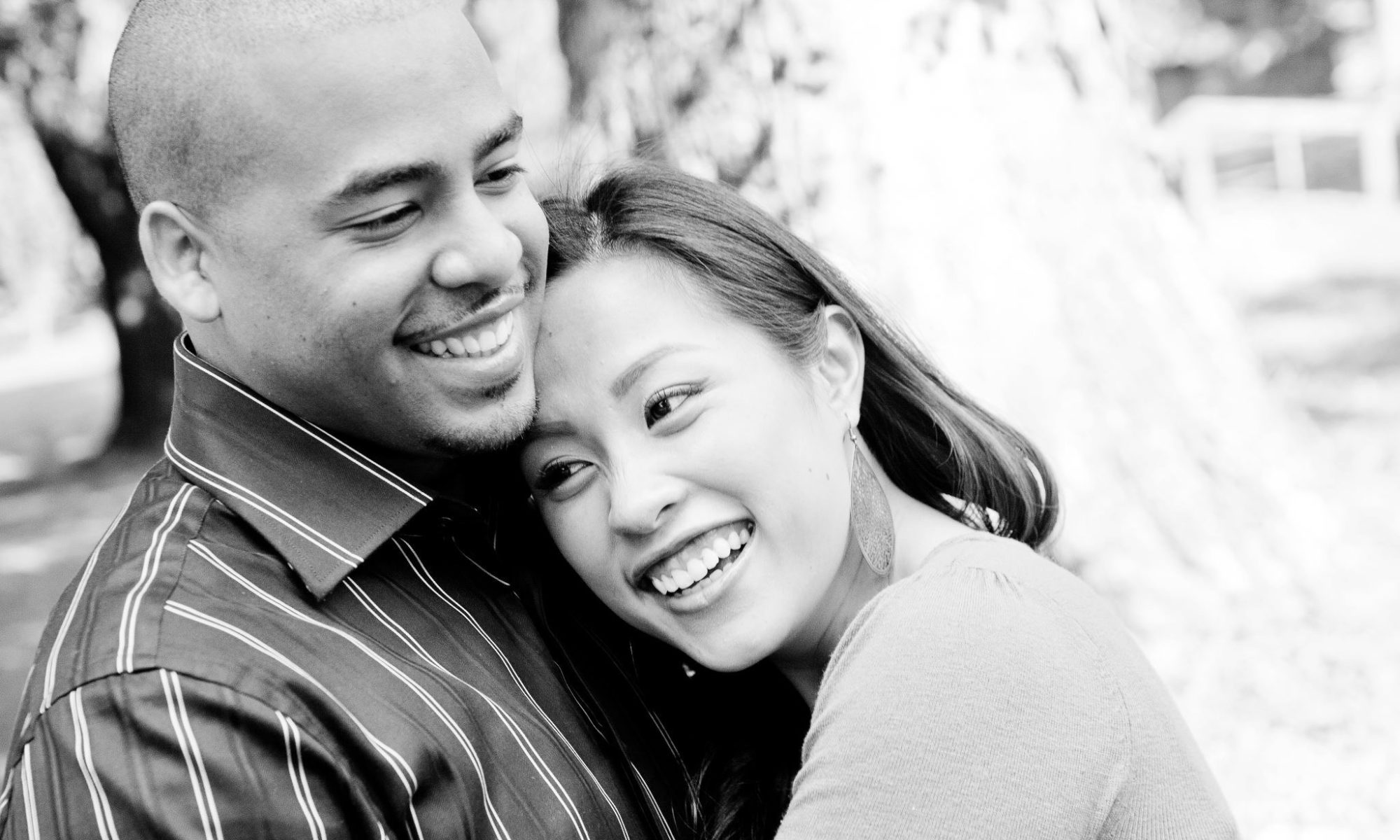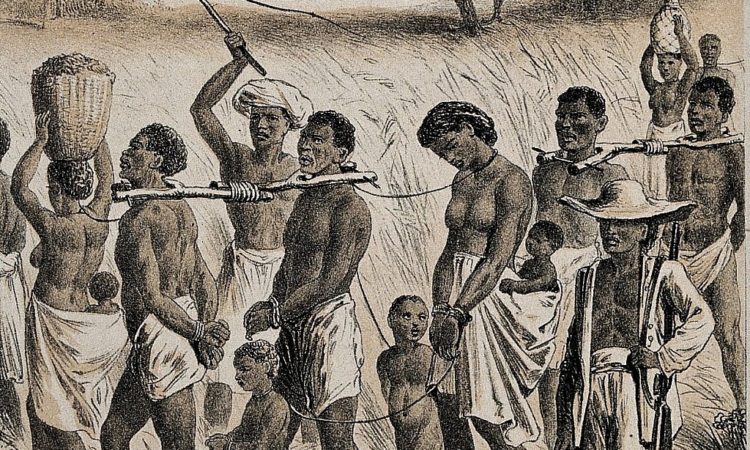Laughter: Medicine For The Marginalized
By: Kyle J. Howard Topic: Race RelationsFEBRUARY 9, 2017 (Original Publishing Date)
Black people joke about racialization a lot. If you don’t believe me just check out our most popular comedians. Hardly a moment goes by where they aren’t telling a racialized joke that leaves us grasping our stomachs in agonizing laughter. It’s not just in stand-up comedy, however. Over the past year, my Facebook messenger and my text messaging app has been filled with jokes and the exchanges of laughter between me and my fellow black brothers and sisters. These jokes often come either after or in the midst of mutual weeping. Yes, black people could fill an ocean with the tears they’ve shed over the past several centuries, but it is because of that, that they have sought to also fill their worlds with laughter.
Laughter has been a coping mechanism for black people for a very long time. There comes the point when tears of sorrow become so acidic that to remain emotionally stable, tears of laughter must take their place. They say,
“laughter is the best medicine.”
For many black people, laughter is more than medicine. Laughter is a refuge that has protected them against the demons of hate, despair, and bitterness that often come knocking on the doors of their reality, every day demanding entry. We weep deeply in private amongst each other, but laugh publicly, so the world will know that we are not conquered by our grief. That is the African American story.
There is of course nothing wrong with tears of sorrow. For the black community, sorrowful tears are the ink that marks the pages of their testimony. The story of the African American experience cannot be written without the pages being covered in sorrowful tears. When tears of sorrow are exhausted, tears of laughter often consoles the soul.
This reality has been displayed in my own life over the past year. If I’m honest, I think I shed more tears in 2016 than I have the rest of my entire life combined. My wife and I wept together regularly throughout the latter part of 2016, but we laughed together just as hard. We laughed about the very things that made us weep. We had to; it kept us from crumbling. Life can sometimes become so impossibly sorrowful that the only way to cope is to laugh at the bitter Providences. I often had conversations with other minorities who also wept alongside me, but emoticons of weeping faces would often be followed by ones who showed tears of laughter.
To outsiders, the black community may seem inconsistent. To many, it may seem like we are schizophrenic. Our cause may seem less serious to some as we are found often joking about racialization while at the same time lamenting its existence. So, allow me to elaborate and let you in on a little secret. The Apostle Paul told the church in Romans 5:1-5,
- Therefore, since we have been justified by faith, we have peace with God through our Lord Jesus Christ.
- Through him, we have also obtained access by faith into this grace in which we stand, and we rejoice in the hope of the glory of God.
- Not only that, but we rejoice in our sufferings, knowing that suffering produces endurance,
- and endurance produces character, and character produces hope,
- and hope does not put us to shame, because God’s love has been poured into our hearts through the Holy Spirit who has been given to us.
The black community has been able to endure several hundred years of oppression and marginalization because our suffering has produced endurance. We have the rich heritage of Harriet Tubman, Frederick Douglas, W.E.B. Dubois, Maya Angelou, and countless others because that endurance produced character. It was the character of these trailblazers that allowed them to be hope for the marginalized people they represented. We laugh to give our mourning a rest. We laugh to give our mourning a moment to gather itself before the next micro-aggression or media newsflash within this post-election Trump Era. I guess, at the end of the day, I am currently reflecting on God’s grace in keeping his black image bearers sorrowful and yet always rejoicing. The black church has abounded in practicing this Pauline discipline but the maturity has not come to it easily. It has taken centuries to mold and fashion to its current glory. The majority culture has a lot it can learn from marginalized people, if only they would be willing to stop speaking and trying to teach for a moment and listen, learn.
Recently, I watched a black stand up comedian give an hilarious performance. The crowd was probably around 95% white and he had them all laughing hysterically. Like a quick-draw cowboy in an old western, he fired racialized joke after joke and the crowd was eating it up. I laughed as well, but there was a part of me that wondered if our laughter was the same. I couldn’t help but wonder if the jokes he told penetrated the audience as deeply as it did me as I sat in my study. You see, my laughter at the racialized jokes was not rooted in good-time humor but actually in grief. I laughed not simply at the comedians humor, but at the grief they revealed in my soul. To me, the comedian was a surgeon. He had opened up my heart, and applied a balm to my soul. The art of the racialized comedian was that he was able to take out my agony, and show it to me in a way that allowed me to laugh at the irony of living. The comedians skill was leading me to laugh at my grief and in so doing, be soothed. So, as his audience laughed at his racialized jokes; his racialized jokes were actually a form for healing for me.
Yes, laughter is indeed medicine for the soul but for marginalized people, it is often much more. For the marginalized, laughter is often the healing balm of the soul that massages sorrow into rejoicing.
P.S.
This is not a call for white people to not benefit from marginalized humor. It is actually quite the opposite. As much as this article relates to my white brothers and sisters, I would encourage them to seek more than the humor. Majority culture has a tendency of seeking to benefit from black culture while bypassing the struggle and grief that it took to cultivate it. Black music, comedy, dance, poetry, and many other cultural expressions have all been embraced by the majority culture. The irony is that while the majority culture embraces these things, it often denies, devalues, or delegitimatizes the fires of oppression and marginalization that were used to mold them. If members of the majority culture want to truly reap the benefits of these black cultural expressions, they must also embrace the realities that fashioned them. Embracing cultural benefits without embracing the stories and people that fashioned them is the heart of cultural misappropriation. It is using a culture for its benefits while never truly embracing its people, It’s selfishness. Cultural acceptance is the act of not only embracing the benefits of another culture but the people and their experience that helped fashion them.
Kyle J. Howard currently serves the church as a trauma informed soul care provider. Though his Soul Care ministry is comprehensive, he his primarily focused on counseling, teaching, and raising awareness about Spiritual abuse/trauma as well as racial trauma. Kyle holds an Associates in Biblical & Theological studies, a Bachelors in Christian Counseling, and is receiving his M.A in Historical Theology in a few weeks.




